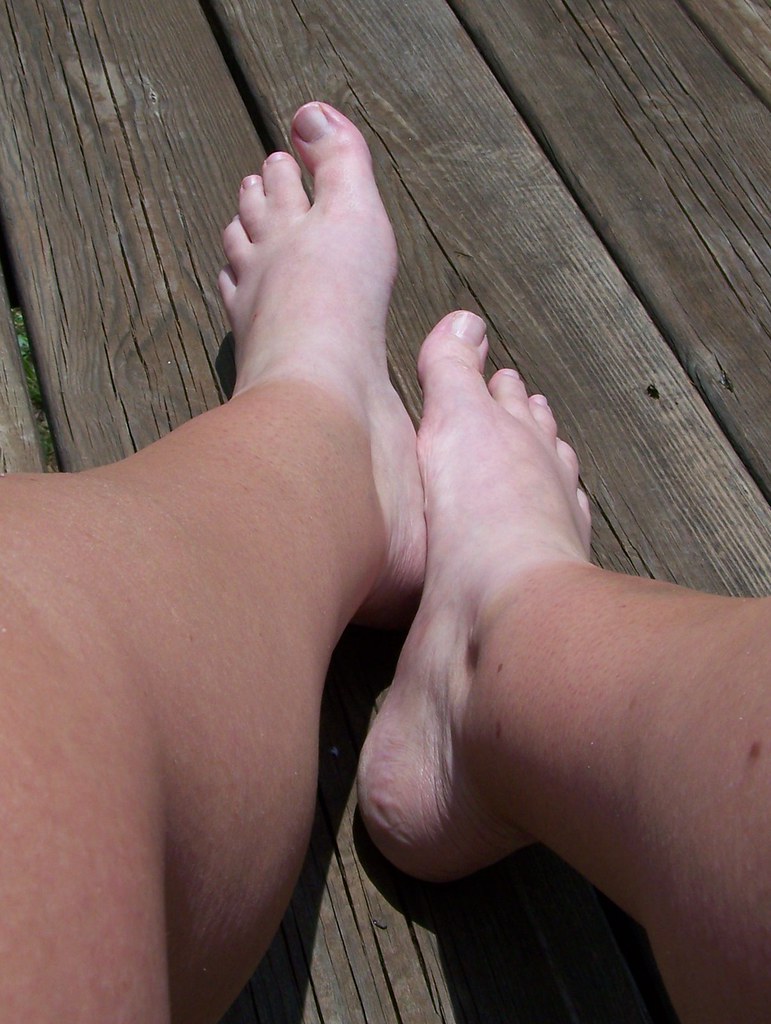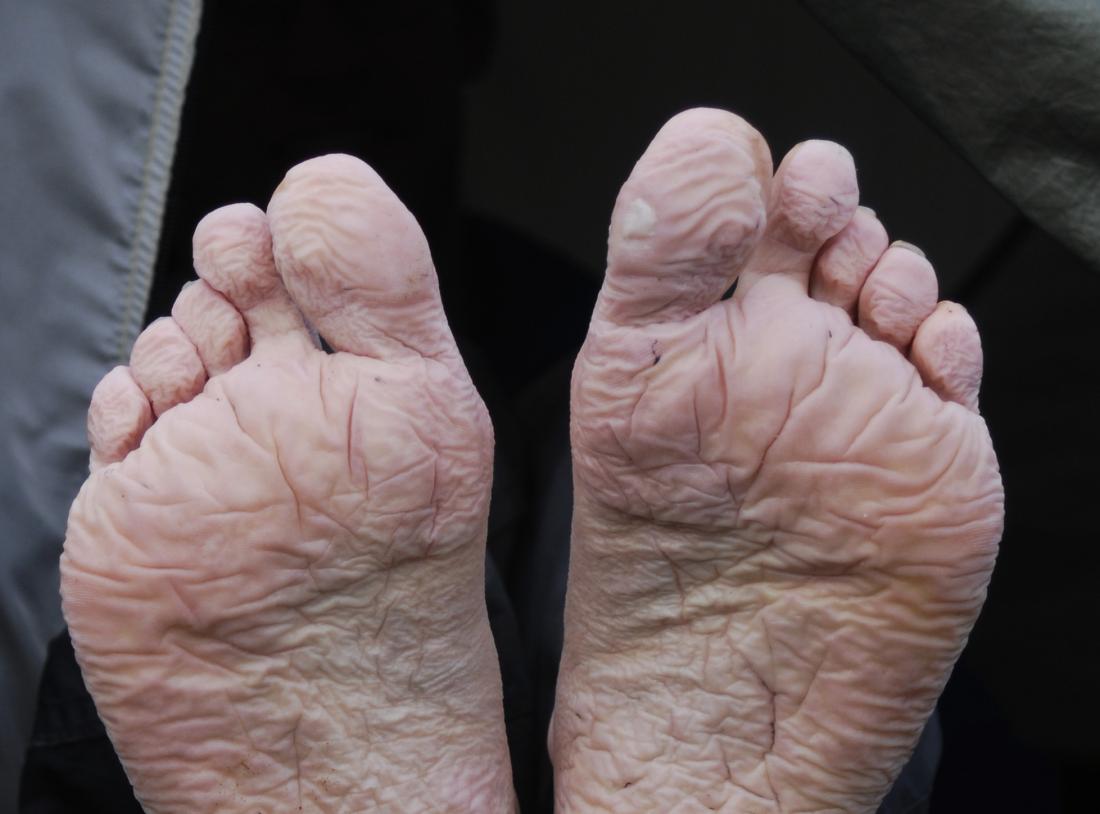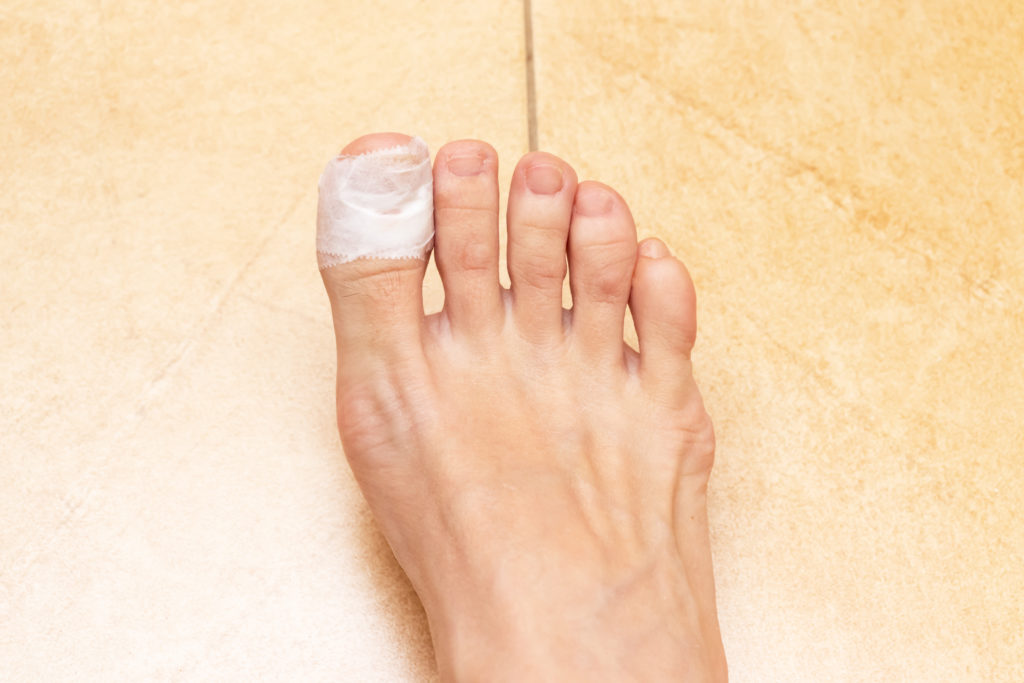Introduction
Have you ever taken off your shoes, only to discover that your toes are a startling shade of white? You’re not alone in this experience. Many shoe enthusiasts and everyday wearers alike have wondered why this phenomenon occurs. In this comprehensive article, we’ll dive deep into the reasons behind white toes after wearing shoes, explore real-world footwear experiences, compare various shoe types, and provide tips on how to avoid this issue. Whether you’re a fashion lover, a professional who spends long hours in shoes, or a business owner looking to provide better footwear options, this guide is for you!
Why Do My Toes Turn White?
Understanding the Causes
When your toes turn white after wearing shoes, it often signifies a problem related to blood circulation, pressure, or moisture retention. Let’s break down some common causes:
1. Poor Blood Circulation
One of the primary reasons for white toes is restricted blood flow. This can occur due to ill-fitting shoes that pinch or compress the toes. When circulation is limited, the skin may lose its normal color, resulting in paleness.
2. Friction and Pressure
High-friction scenarios can cause white toes as well. Certain types of shoes, especially those that are tight at the toe box or made from stiff materials, can lead to friction between your skin and the shoe. This can create a pressure effect, turning your toes white.
3. Moisture and Sweat
In some cases, moisture can be to blame for white toes. Sweat and moisture can lead to a condition known as “maceration,” where the skin becomes soft and pale. This is particularly common in closed-toe shoes made of synthetic materials that don’t allow for proper ventilation.
4. Fungal Infections
If your white toes are accompanied by other symptoms, such as itchiness or scaling, it may indicate a fungal infection like athlete’s foot. This can also cause discoloration and should be treated promptly.
5. Raynaud’s Phenomenon
For some individuals, white toes may be a sign of Raynaud’s phenomenon, a condition that affects blood flow. It can cause the toes to turn white, especially in cold conditions.
6. Skin Conditions
Certain skin conditions, like eczema or dermatitis, can lead to changes in pigmentation. If your toes frequently appear white, it may be worth consulting a dermatologist.

Real-World Footwear Experiences
Case Studies
Let’s take a look at real-life testimonials from individuals who faced this issue.
Case Study 1: Sarah’s Experience with High Heels
Sarah, a marketing executive, often wore high heels for work. After long days on her feet, she discovered her toes were white upon taking off her shoes. She realized the narrow toe box of her heels was constricting blood flow. After switching to wider shoes, the problem was significantly reduced.

Case Study 2: Mark’s Athletic Shoes
Mark, an avid runner, noticed his toes would turn white after long runs in his supportive but tight athletic shoes. He consulted with a podiatrist who recommended choosing shoes with more room at the front. After taking this advice and investing in custom insoles, he found a substantial improvement.
Comparison of Various Footwear Types
To help you understand how different types of footwear can affect your toes, let’s compare shoe types based on comfort, fit, and circulation.

| Shoe Type | Comfort Level | Fit Type | Circulation Potential |
|---|---|---|---|
| High Heels | Low | Narrow | Poor |
| Athletic Shoes | Moderate | Varies (narrow/wide) | Moderate to Good |
| Casual Sneakers | High | Roomy | Good |
| Loafers | High | Wide | Good |
| Work Boots | Moderate | Varies | Moderate |
Insights from the Table
– High Heels: Often restrict blood flow and can lead to serious discomfort, especially in the toes.
– Athletic Shoes: Choose wisely; poorly fitting shoes can negate their benefits.
– Casual Sneakers and Loafers: Typically provide good room and comfort, reducing the chances of white toes.

Tips for Avoiding White Toes
1. Choose the Right Size
Make sure you have the correct shoe size. A shoe that is too tight can compress blood vessels in your toes, leading to discoloration.
2. Opt for Breathable Materials
Select shoes made from breathable materials like leather or canvas. This helps reduce moisture buildup, which can lead to white toes.

3. Regularly Change Your Shoes
Wearing the same pair of shoes every day can cause your feet to get overly accustomed to one fit. Rotate your footwear to allow your feet some freedom.
4. Consider Footwear Inserts
Using insoles can help alleviate pressure points and improve comfort. Custom or cushioned insoles can provide additional support and space for your toes.

5. Stay Dry
If you tend to sweat more than average, consider moisture-wicking socks. They can help keep your feet dry and reduce the risk of skin maceration.
6. Be Mindful of Shoe Type
Choose shoes designed for specific activities. For instance, if you’re running, invest in running shoes that provide adequate support and fit.

Product Highlights
Best Casual Sneakers
– Nike Air Max: Known for their comfort and breathability.
– Adidas Ultraboost: Offers a roomy fit and excellent support.
Best Athletic Shoes
– Asics Gel-Kayano: Perfect for those who require extra support.
– Brooks Ghost: Features a wide toe box suitable for various foot shapes.

Best Loafers
– Clarks Unstructured: Provides ample space and a cushioned sole.
– Sperry Top-Sider: Breathable and comfortable for casual wear.
Best High Heels
– Naturalizer: Known for providing comfort without sacrificing style.
– Clarks Heels: Offers a wider toe box for better circulation.
Pros and Cons of Wearing Shoes
Pros
– Protection: Shoes protect your feet from injury and harsh environments.
– Style: Shoes can enhance your outfit and provide a statement.
– Support: Certain shoes offer necessary arch support and cushioning.
Cons
– Discomfort: Ill-fitting shoes can lead to pain and discomfort.
– Circulation Issues: Shoes that are too tight can restrict blood flow, resulting in white toes.
– Moisture Retention: Some materials trap moisture, leading to skin problems.
FAQs
1. Why do my toes turn white in winter?
In winter, cold temperatures can lead to restricted blood flow, causing toes to appear pale due to Raynaud’s phenomenon.
2. Can wearing sandals cause white toes?
While sandals typically provide more ventilation, ill-fitting or overly tight sandals can still lead to white toes.
3. What type of socks should I wear to prevent white toes?
Opt for moisture-wicking, breathable socks made of cotton or merino wool to keep your feet dry.
4. Do tight shoes always cause white toes?
Not always; some individuals may have a higher tolerance for shoe fit. However, consistently tight shoes can lead to circulation issues over time.
5. Are there specific brands known for better toe box space?
Brands like New Balance, ASICS, and Brooks often offer wider toe boxes for added comfort.
6. Should I see a doctor if my toes turn white frequently?
Yes, frequent discoloration can indicate underlying problems that should be evaluated by a healthcare professional.
7. Can foot exercises help with circulation?
Yes, simple toe stretches and foot exercises can help improve circulation and alleviate pressure.
8. What are the signs of a fungal infection?
Common signs include itchiness, scaling, and discoloration. If you suspect a fungal infection, consult a healthcare provider.
9. Is it normal for my toes to feel numb?
Occasional numbness can be due to tight shoes, but if it persists, it’s best to consult a medical professional.
Conclusion
Experiencing white toes after wearing shoes can be alarming and uncomfortable. However, understanding the causes and making minor adjustments to your footwear and habits can significantly enhance your comfort and overall foot health. Prioritize fit, breathability, and materials that allow for proper circulation. By taking proactive steps, you can enjoy your shoes without the worry of white toes.
If you’re a footwear enthusiast, a professional, or just someone wanting to care for your feet, keep these insights in mind. Your feet deserve the best, and a little effort can go a long way!
Feel free to share your experiences or ask additional questions in the comments below. Happy shoe shopping!
Note: For more detailed studies and reports on foot health and footwear, consider visiting academic sources such as PubMed or The American Podiatric Medical Association.